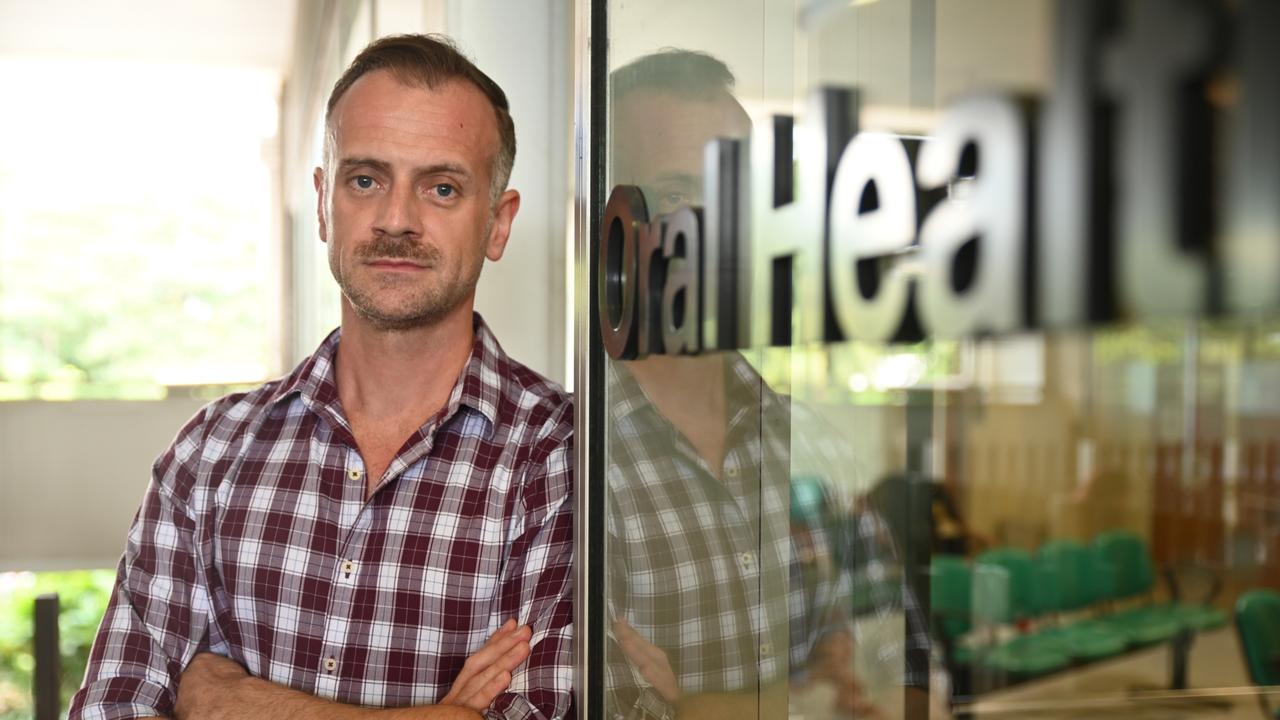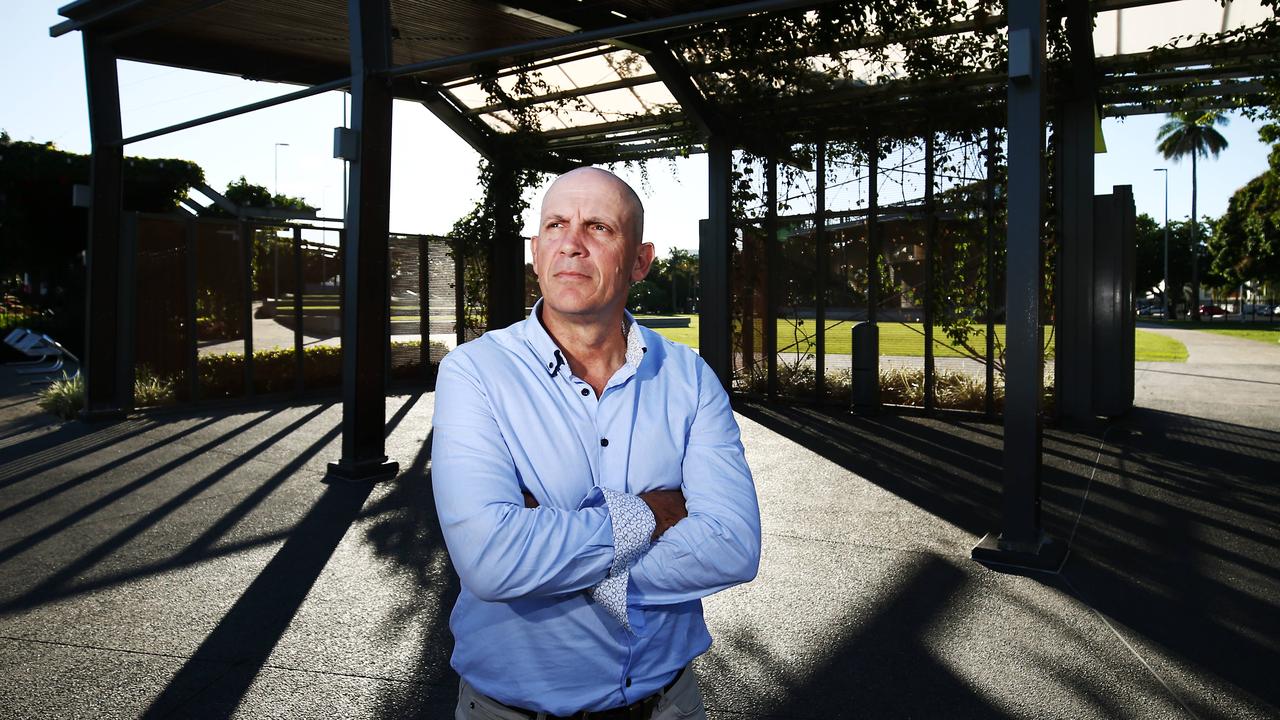Oral health director urges Cairns Regional Council to shift its mulish attitude to water fluoridation
Cairns is witnessing almost double the rate of tooth decay than other Queensland region because of the lack of fluoride in the local water supply, experts say.
Cairns
Don't miss out on the headlines from Cairns. Followed categories will be added to My News.
Cairns is witnessing almost double the rate of tooth decay than other Queensland regions because of the lack of fluoride in the local water supply, professionals say.
In 2023 72 per cent of Queensland citizens could access water with therapeutic levels of fluoridated water.
The Cairns LGA is one of Queensland’s largest cities without fluoridated water; Townsville, the Sunshine Coast, the Gold Coast, Toowoomba and Brisbane all have fluoridated water.
Statistics show the region experiences much higher levels of tooth decay as a result, according to Dr Harry Robertson, Cairns and Hinterland Hospital and Health Service’s director of oral health.
He said health officials had found Cairns had almost double the rate of tooth decay in children when compared to Townsville.
“My message to council is we should just do this because it’s a really well-established public health measure that has enormous benefits for the community,” Dr Robertson said.

Since 2016 Cairns Regional Council has refused to bring fluoride in the region’s water to levels recommended by Queensland Health, claiming a lack of “overwhelming community support” for “mass involuntary medication”.
Dr Robertson recommended the council listens to relevant medical experts as the region’s higher rates of dental disease was burdening the health sector with preventable healthcare costs.
“Fluoride already occurs naturally in the water supply,” he said.
“We are not looking to introduce a new set of chemicals … we are looking to increase what is already existing up to a therapeutic level so you can get a health benefit from it.
“(The council) can look at other areas where (added) water fluoridation has been a part of the community’s public health response for more than 70 years … the science and evidence out there clearly says there is no uptick in adverse medical conditions.”

When contacted, a Queensland Department of Health spokeswoman confirmed the responsibility for water fluoridation in Cairns rested with the Cairns Regional Council, according to legislation.
A Cairns Regional Council spokesman disputed this.
“Oral health is … the responsibility of the state government,” the spokesman said.
“It is evident there are other methods … that can be used to deliver fluoride to those who are most in need of improved oral health healthcare outcomes.”
Dr Chris Cavanagh, a dentist at Edge Hill’s Cairns Dental Boutique, said Cairns undoubtedly had higher rates of tooth decay and dental procedures due to the lack of fluoride in the water.
“Enamel makes the tooth a lot stronger, making it lot harder for bacteria from food to penetrate people’s teeth,” Dr Cavanagh said.
“Fluoride changes the structure of enamel … that process makes a tooth a lot more resistant to tooth decay.
“Tooth lesions can be re-mineralised by fluoridated products, including fluoridated water.”

Former Cairns councillor Richie Bates, who fought against the council’s 2016 decision, said the next council should be informed by medical advice.
“Any avoidance of this would be a dereliction of their duty and obligations to the community,” Mr Bates said.
“Whether they like it or not, councillors need to realise the responsibility for water fluoridation … currently resides with local government.”
Dr Jay Hsing, president of Australian Dental Association Queensland, said fluoridated water had reduced tooth decay in children by 44 per cent and in adults by 25 per cent, according to a mountain of evidence and research.
“The consensus in the dental industry is universal,” Dr Hsing said.
“It’s always disappointing when we can see a very safe way to reduce dental problems but it’s not implemented.
“It also helps those who find it hard to see a dentist, for example due to geographical reason. Community fluoridated water equalises socio-economic inequality.”
More Coverage
Originally published as Oral health director urges Cairns Regional Council to shift its mulish attitude to water fluoridation








